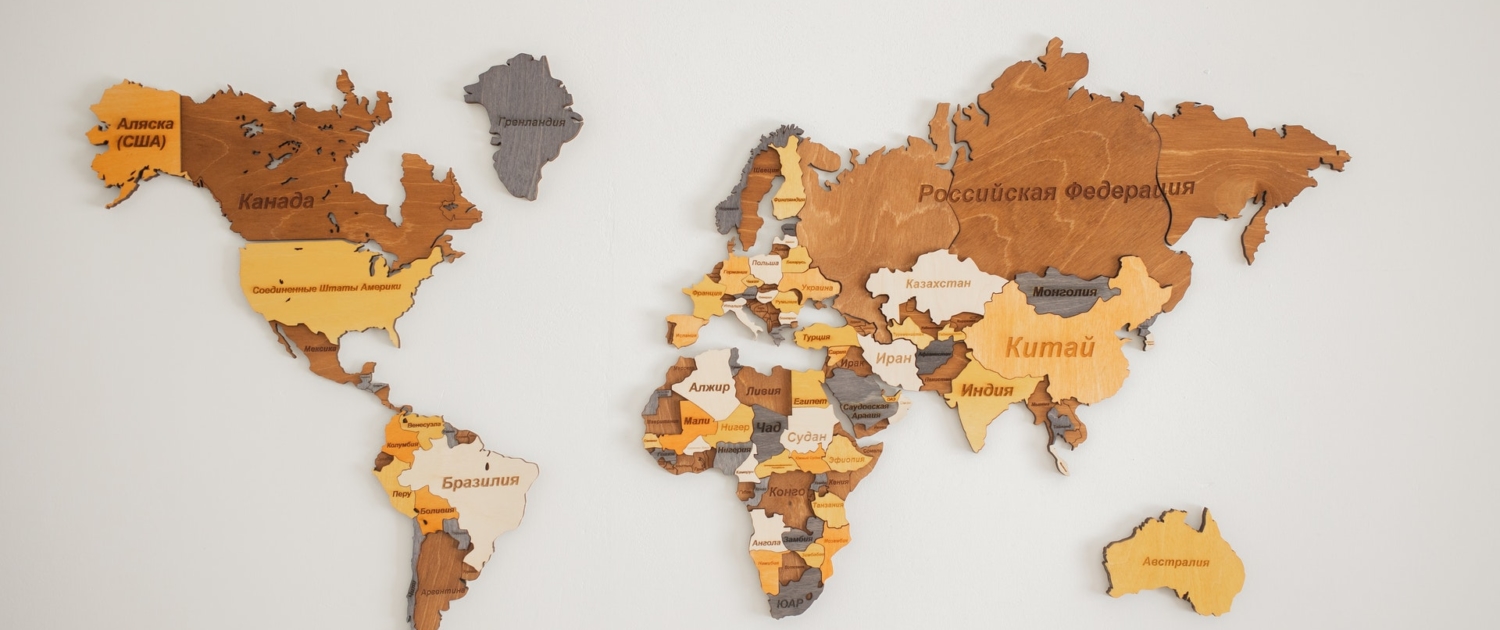World Trade: The Resilience Test
Within the past five years, the resilience of World Trade has been put to extraneous tests. These tests have forced trade industry experts to search for permanent measures aimed at softening the searing shocks of future disruptions to trade. Starting from 2019, the following are the series of events that have impacted the Global Supply Chain:
Suez Canal Obstruction by Ever Given- 2021: In The Suez Canal was blocked for 6 days by Ever Given, a container carrier in March 23rd, 2021. The ship is 224,000 ton, 400 metres long with 20,000 TEU container carrying capacity. It was driven by strong winds and ended up stuck across the canal with its bow and stern stuck on opposite banks of the channel, blocking all transits through the waters. This development invariably disrupted trade flow between Africa, Asia, Europe and the Middle East.
Covid 19 Pandemic: Due to the global lockdown that was put in place for the pandemic, there were widespread supply shortages as factories and logistics operations wound down their operations. This was further exacerbated by the supply chain disruptions from factory and port shutdowns and labour shortages due to sickness and death of essential personnel. In addition, the Tourism sector of world trade totally collapsed due to travel restrictions, closing of public places and tourist attractions and advice of governments against travel. The cruise line industry was severely affected too.
Russia-Ukraine War: The invasion of Ukraine by Russia in February 2014 has adversely impacted World Trade. One major effect of the war is the disruption in the global supply of food items especially wheat of which Russia and Ukraine are one of the major suppliers and energy commodities such as Natural Gas and Petroleum Products.
Israel – Hamas War/Houthis Attacks: The ongoing armed conflict between Israel and Hamas took a more impactful turn in November, 2023 when the Yemeni based Houthis militant group joined the conflict in support of the Palestinians by attacking commercial ships travelling through the Red Sea. This development has forced major global shipping lines to change the routes of their vessels destined for the Mediterranean, Middle East and Europe to detour through the Southern Africa on much longer travel time. The overall effect is extended schedule time and additional operational costs.
See also:




